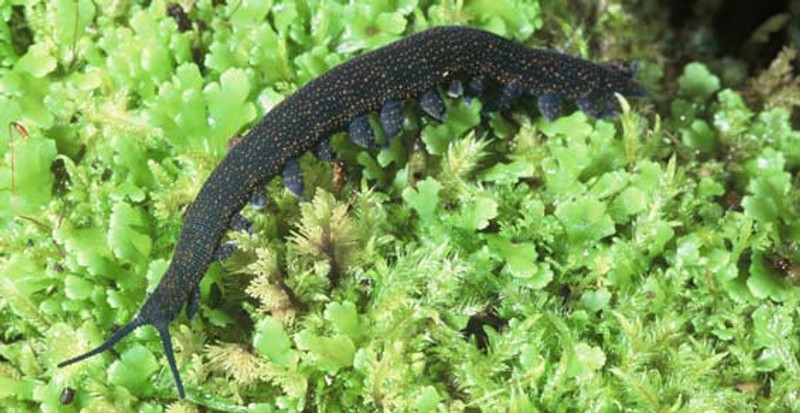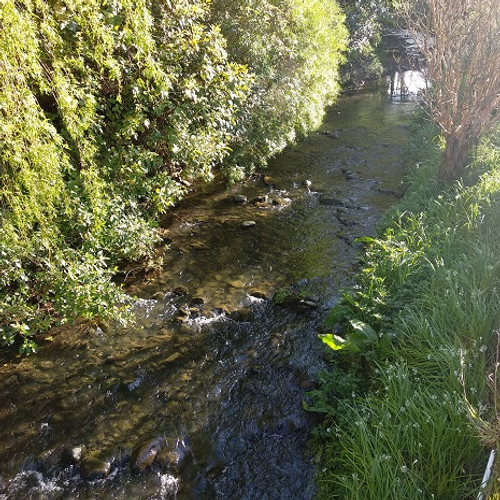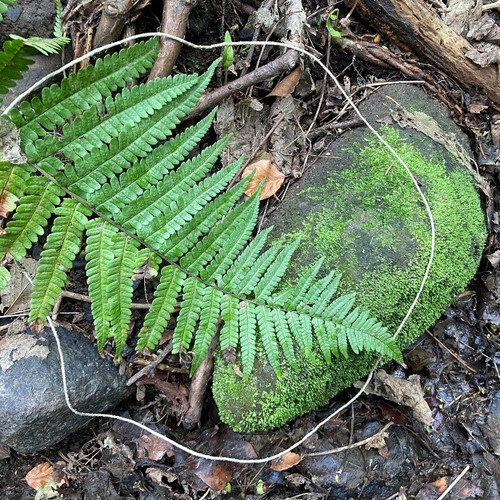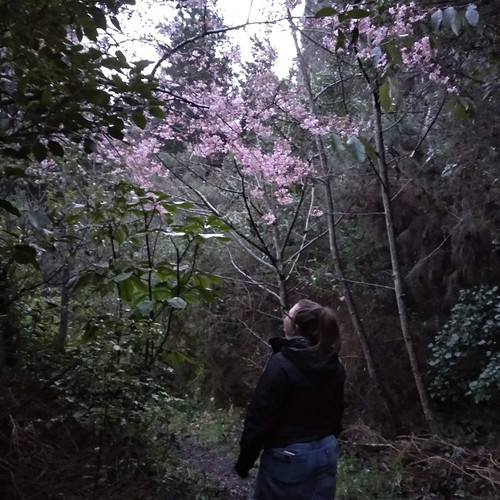Prodigious, precious Peripatus
When I first heard about the primeval invertebrates that are voracious predators with claws and a mouth lined with teeth, I was expecting some kind of large beastly creature. Peripatus, while not being large, probably do fit that description fairly well, but you might not think that just by looking at them.
Braxton Mackenzie-White recently discovered them while looking through rotten logs and leaf litter for insects. As the dark was beginning to descend, he looked under the final log hoping to find some interesting small insects. As he was carefully turning the log over, he spotted something and stopped for a second. It was a small peripatus.
While being voracious hunters and possibly quite common, peripatus can be cryptic (hard to find) and are only active at night. Peripatus have been found feeding together and may even hunt as a pack too. When hunting, they will sneak out from their hiding spots, and using their highly sensitive antennae to feel vibrations made by their prey, will swiftly shoot out a sticky glue-like substance! All they have to do now is saunter up to the trapped prey, inject saliva and suck up the resulting soup - yum!
Peripatus belong to their own group called the Onychophora or claw-bearers. They are considered to be part of an ancient group, having changed very little from the fossils found that date back 500 million years ago. In that time, the simple soft segmented body plan with stubby legs has lasted. The New Zealand species are relatives of those that existed back then. All of the Peripatus species in New Zealand are endemic (only found here), so they are very precious to us. In Dunedin, while they have not been formally described, it’s likely that we have a specific species here too, that has a beautiful blue-grey colour - Peripatoides ‘Dunedin’. They are also known by the name velvet worms and their Māori name, ngaokeoke.
If you do find them, handle them with care and place them back gently where you found them. Unfortunately, they are vulnerable to predation by introduced mammalian predators and are threatened by habitat loss. They are heavily reliant on rotten logs and leaf litter for their homes - so leave these lying around your backyard to create safe spaces for them to live!
Thank you to Braxton Mackenzie-Smith for sharing the story of his find and to Sam Purdie for talking to us about Peripatus!
For an interesting story about Peripatus in Dunedin check out this video, and for more information about peripatus in New Zealand, check out the DOC webpage!





